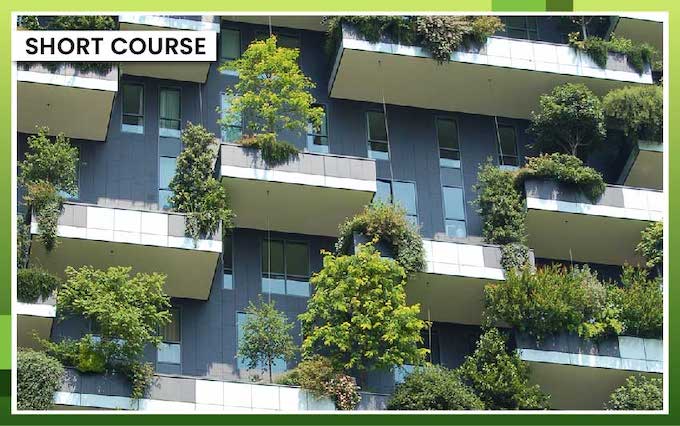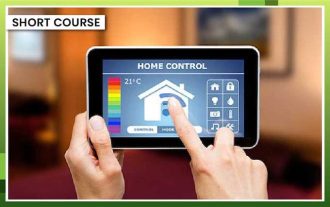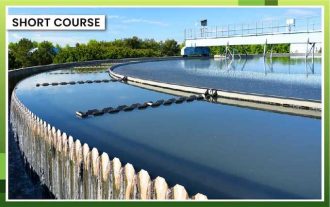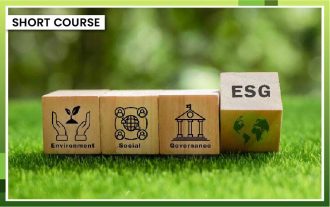Description
Throughout the course, you will delve into a range of topics critical to self-sufficient building design. Learn about energy-efficient building practices that minimize energy consumption and maximize efficiency. Discover cutting-edge technologies and systems that enable buildings to generate their own renewable energy. Explore sustainable water management strategies, including rainwater harvesting and efficient water use. Furthermore, you’ll gain insights into materials and construction techniques that promote sustainable and eco-friendly building practices.
Course Syllabus: Self-Sufficient Buildings Short Course
- Introduction to Self-Sufficiency in Building Design
- Understanding the concept of self-sufficiency
- Importance of self-sufficient buildings in sustainable development
- Energy-Efficient Building Practices
- Principles of energy-efficient design
- Strategies for minimizing energy consumption in buildings
- Renewable Energy Systems for Buildings
- Solar power generation and integration
- Wind and geothermal energy systems for buildings
- Sustainable Water Management in Buildings
- Rainwater harvesting and utilization
- Efficient water use and conservation strategies
- Sustainable Materials and Construction Techniques
- Eco-friendly building materials and their benefits
- Innovative construction methods for sustainable buildings
- Passive Design Strategies
- Maximizing natural lighting and ventilation
- Thermal insulation and shading techniques
- Integration of Smart Technologies
- Building automation systems for energy optimization
- Monitoring and control of energy consumption
- Waste Management and Recycling in Buildings
- Strategies for reducing waste generation in construction
- Recycling and upcycling practices for building materials
- Resilience and Self-Sufficiency in Building Systems
- Backup power and storage solutions
- Disaster resilience and emergency preparedness in buildings
- Case Studies of Self-Sufficient Buildings
- Examining real-world examples of self-sufficient buildings
- Learning from successful projects and best practices
Enrolling in this course offers numerous benefits. You’ll gain a deep understanding of self-sufficient building design principles and the ability to apply them in real-world projects. By incorporating these practices, you can create buildings that are more resilient, cost-effective, and environmentally friendly. Join us on this transformative journey and unlock the potential to design and construct self-sufficient buildings that make a positive impact on our planet.




